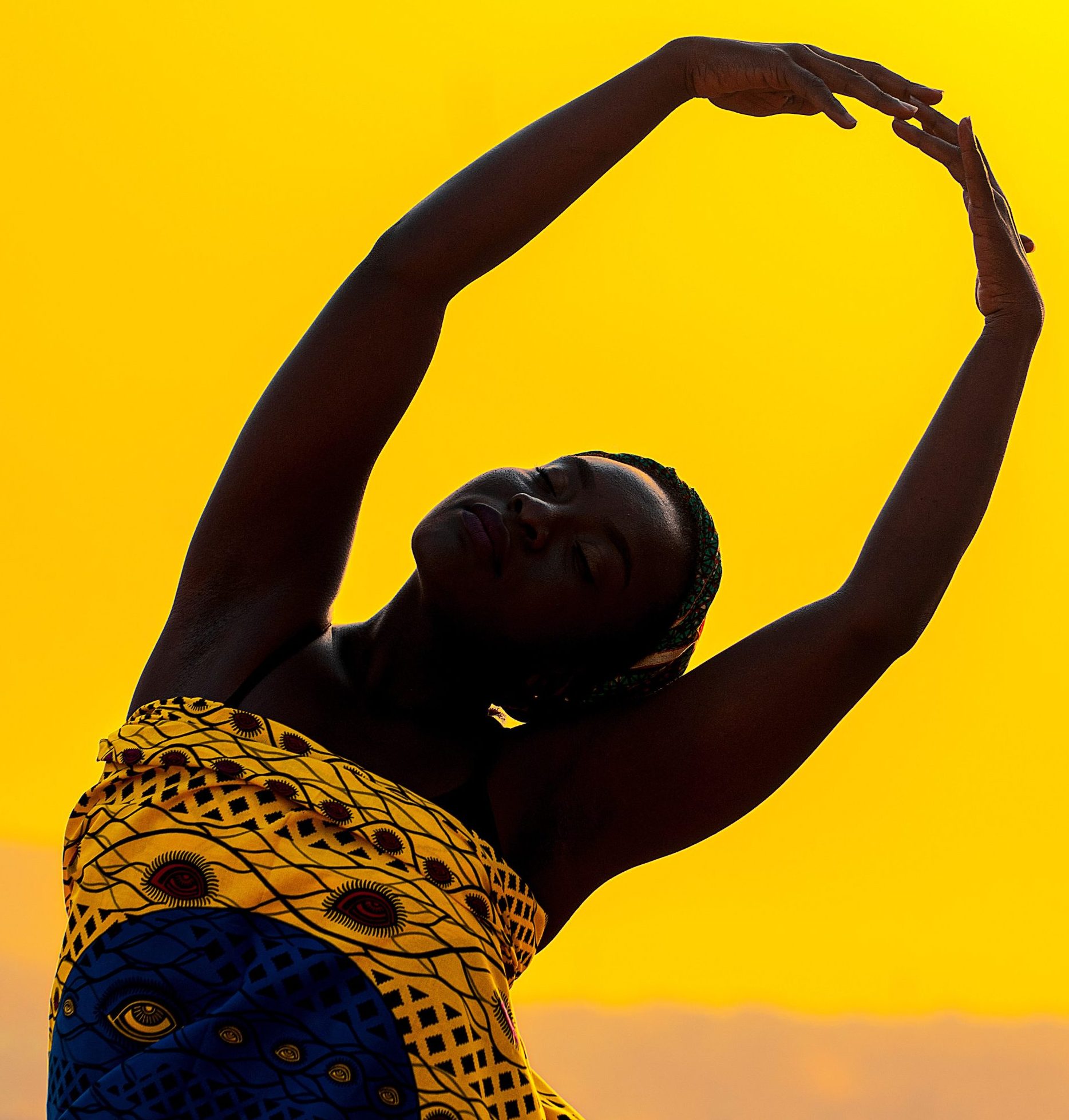Dance Therapy
Dance and Healing
Ethnic dance enhances academic achievements, cognitive skills, and behavior modification
In early civilization, dancing, religion, music, and medicine were inter-connected. People of many cultures have used dance to express powerful emotions tell stories, treat ill-nesses, celebrate important events and maintain communal bonds. The healing aspects of dance vary over-time.
The African Story
The Africans believe that dance is very important for reducing stress, tension, trauma and disharmony (Judith Lynne Hanna, 2006). Peace with the self: the society; and with nature; are the primary goals that can be achieved with dance, movement and music.
The Research
In her study of the Ubakala Igbo dance play, she said that people from this tribe use dance to reduce stress. Recent biofeedback studies show that drumming along with our heartbeats alters brainwave patterns (increasing alpha) and dramatically reduces stress.
The Conclusion
Judith Lynne Hanna (1995) said that dance involves the culturally mediated body, emotion, and mind. She further made it clear that dance may promote wellness, by enhancing the immune system through muscular action and physiological processes.
Through the ages, dance cultivates the power of movements, promotes personal growth, health and well-being. Modern dance movement therapists use the power of dance and movements to help individuals access their own natural ability to heal and grow (Chodorow, 1999; Levy, 1992).
Dance Movement Therapy
(DMT)
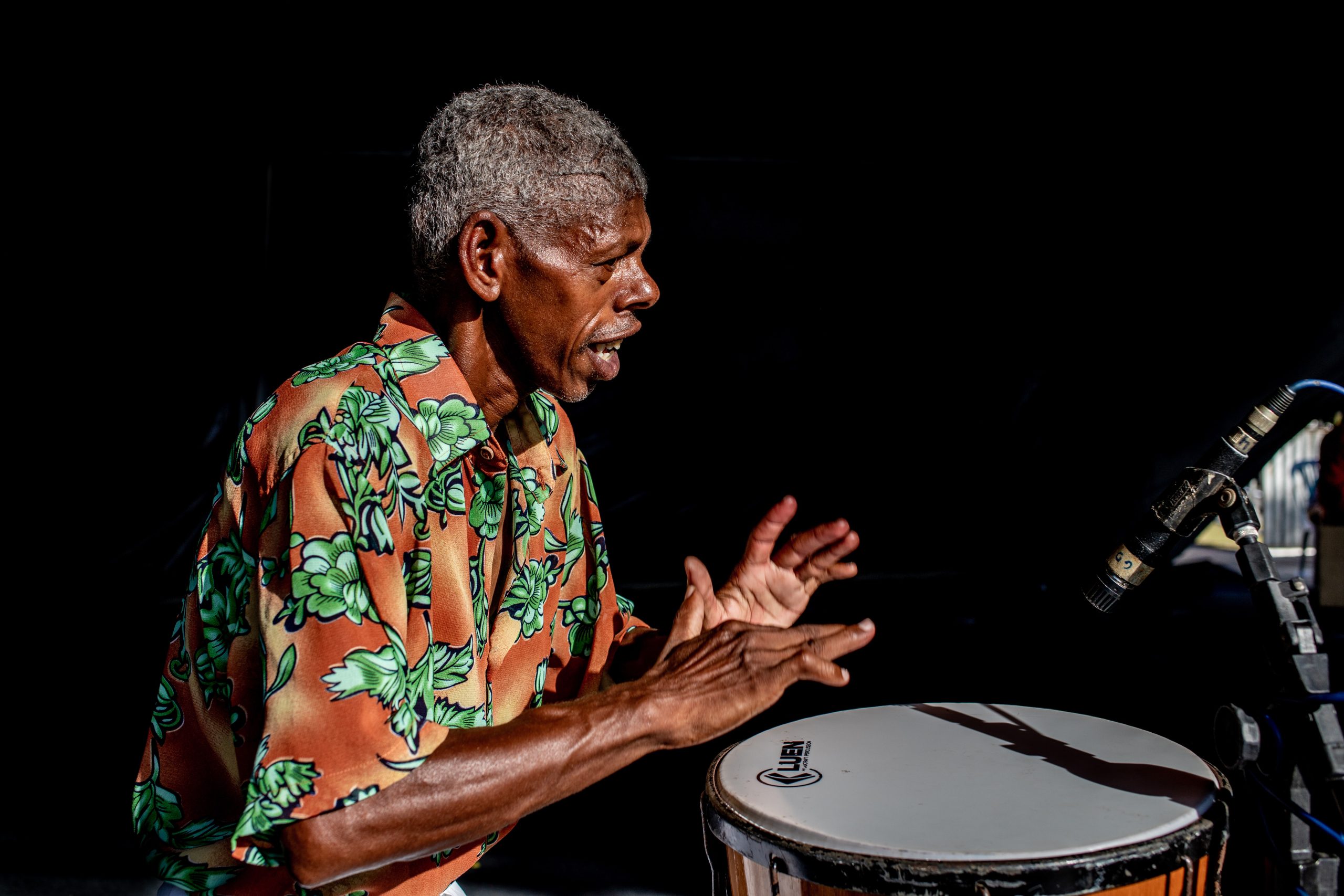
01
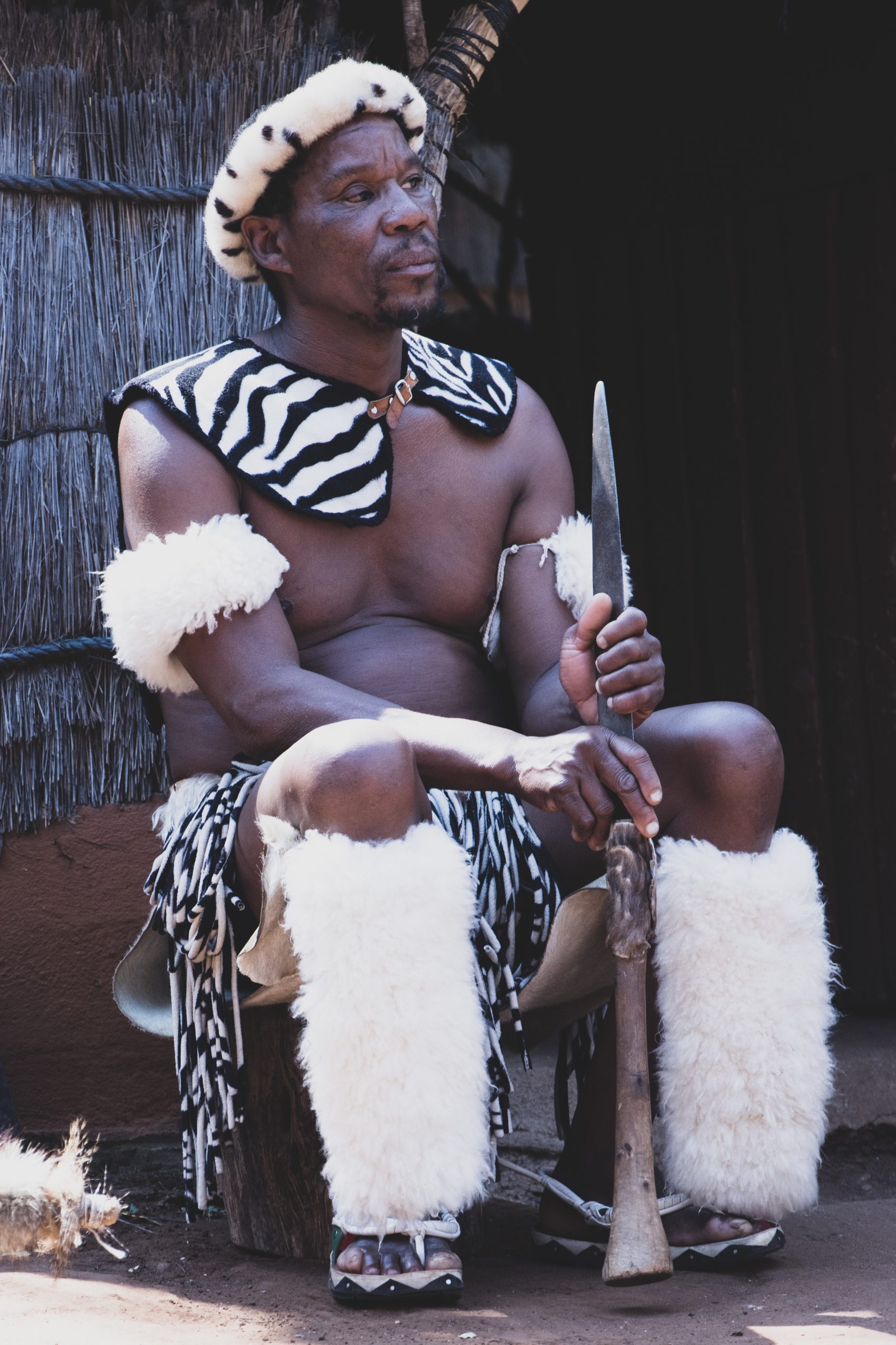
02
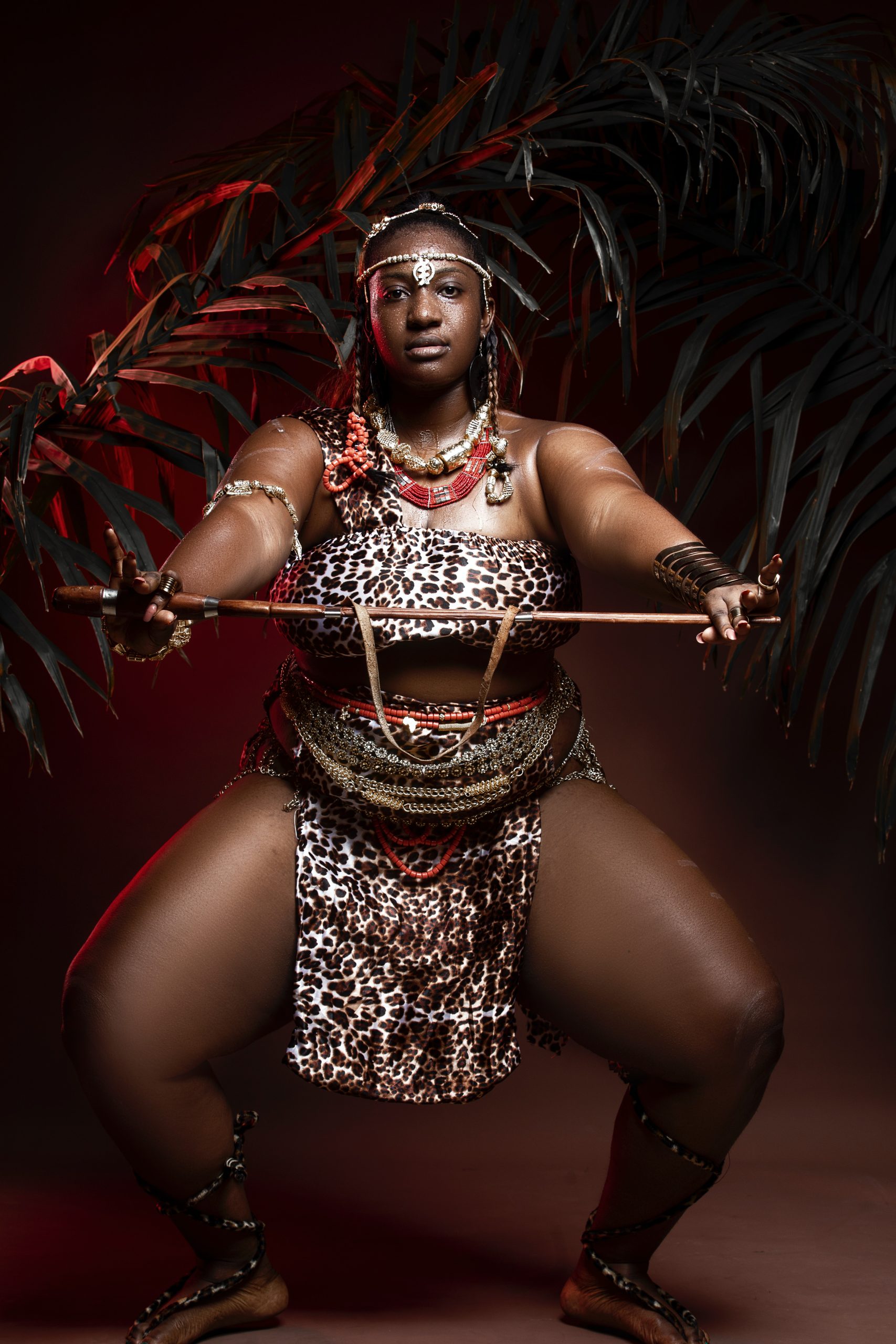
03
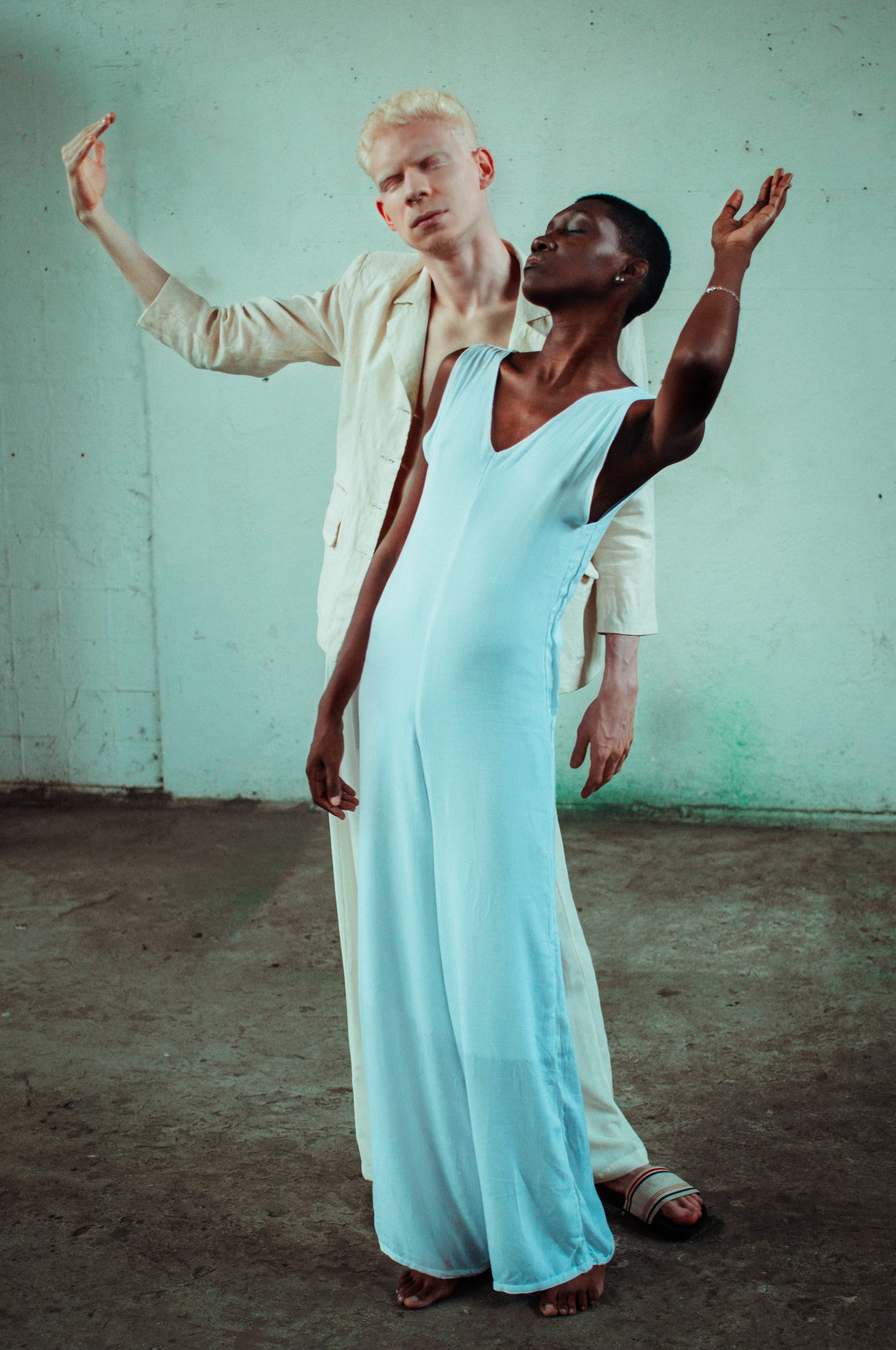
05
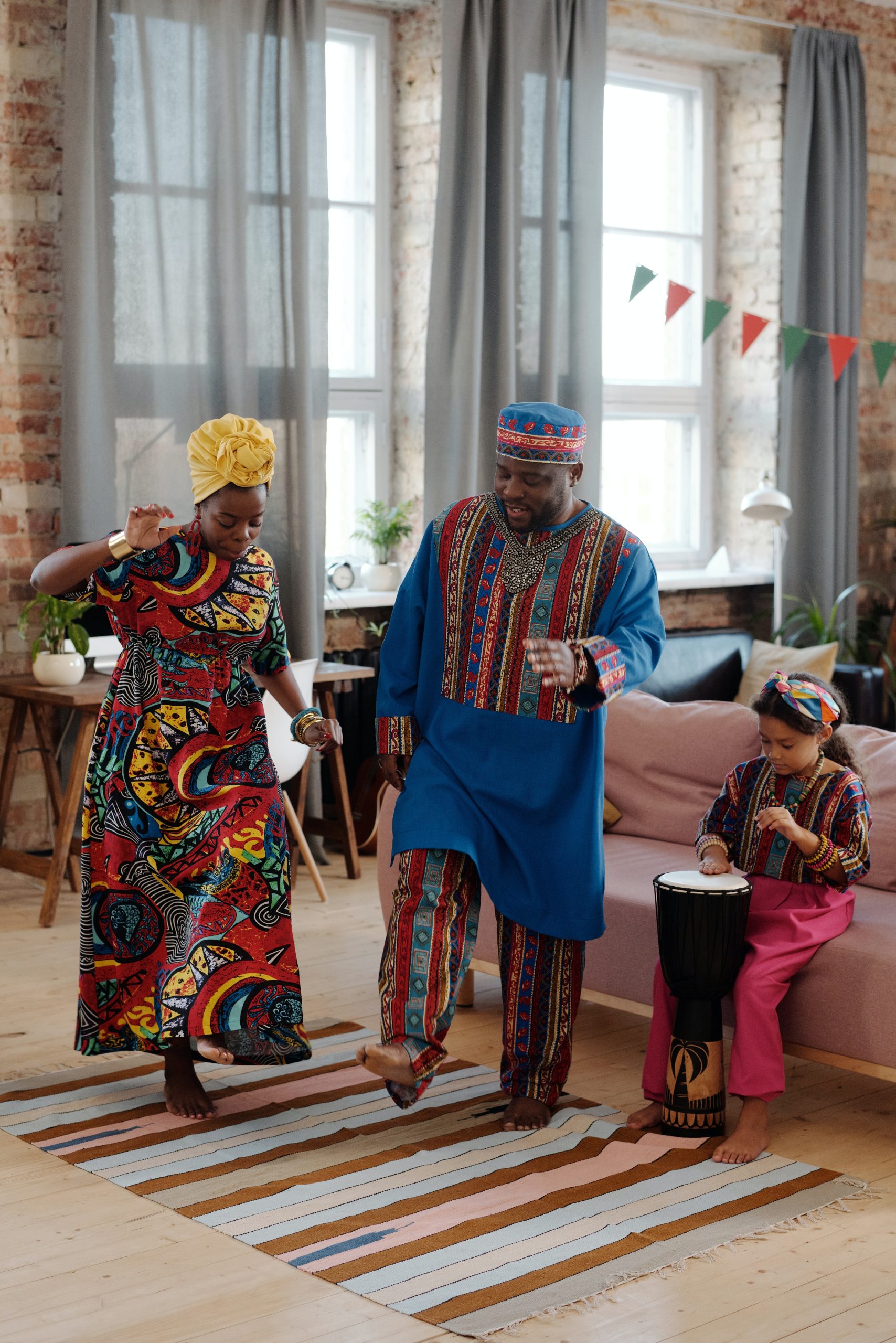
06
Dance/Movement Therapy (DMT) in Recovery-Oriented Systems of Care, A process-oriented form of psychotherapy and a whole-person approach to health care (Serlin, 1993), is offered in many acute care hospitals that adopt a multidisciplinary treatment approach.
The use of dance/movement to promote engagement provides a vehicle for the stabilization of symptoms and mobilization of the person(s) in preparation for change. The therapists will work and direct programming in behavioral health services and have extensive experience providing the Chacian DMT approach to persons receiving treatment within recovery-oriented systems of care.
Marian Chace, a pioneer of DMT in the United States, emphasized dance as a form of communication and relatedness in her work with the mental health population (Levy, 2005). Principles stemming from her formative work are well suited for the present-day recovery-oriented approach for persons transforming their lives.
Admitted students will take their classes in Delta State Counsel for Arts and Culture Asaba. All other information relating to this program will soon be announced on this website and other public media.
The Alternate Route Course will help to obtain Dance Therapy Registered (DTR) in a non-residence program providing the opportunity for intensive research on theory and practice. At the end of the training, the therapists will be able to engage individuals in a therapeutic movement relationship established through mirroring and kinesthetic empathy, rhythmic group expression, body action, and the use of nonverbal, spontaneous, and symbolic movement expression (Chaiklin & Schmais, 1993).
These Chacian principles will allow individuals at any level of readiness the opportunity to express, explore, and engage within a strengths-based alliance that promotes a sense of hope for the potential to achieve transformation.
Governing Body
ADTA
The Curriculum, Ethics, and Values of this program are approved and provided by the American Dance Therapy Association (ADTA), which supports more than thirteen countries in the world.
At the end of this course, successful candidates will become therapists with (DTR) credentials.
They will work in several institutions such as Universities, Public Health Settings, Private Healthcare, Prisons, Elderly People’s Homes, Nursing Homes, Orphanages, Schools and Colleges, Dance Therapy Institutes, and State Councils of Arts and culture.
They will help disenfranchised people, and people with chronic health conditions and they will improve society and touch the grass root.
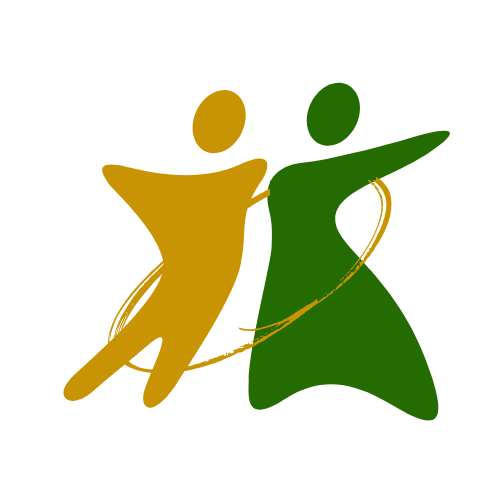
Educational Skills Development and Dance Movement Therapy is a chapter of the American Dance Therapy Association. It is the Center for Research and Development of African Dance and Music as Healing Art.
Navigation
CONTACT US
9910 Franklin Street
Lanham, Maryland, 20706, US.
(+1) 301-448-6737
(+234) 813-668-8261
contact@skillsresourcesdevelopmentinc.com

